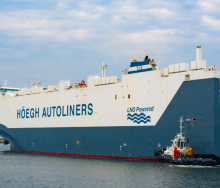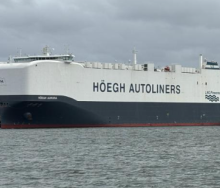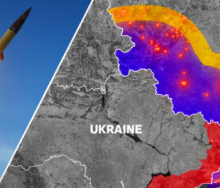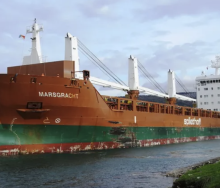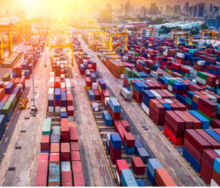The victory of Türkiye’s hawkish incumbent, Recep Tayyip Erdogan, over social democrat Kemal Kilicdaroglu following an earlier ballot box standoff, is expected to have serious implications beyond the east-west country’s borders.
This is especially in light of Türkiye’s geopolitical position given the conflict in Ukraine, and how this could play out given its membership of the North Atlantic Treaty Organization (Nato).
After the United States, Türkiye has Nato’s second-largest military, but Erdogan's victory could impact Türkiye’s role in Nato and its relationship with other member countries.
Although Erdogan pushed to convene peace talks between Russia and Ukraine, and despite helping to broker a key grain export deal between the two countries last year, his victory could impact Türkiye’s role in mediating between the two countries.
This, however, is mainly viewed through the prism of a US-UK-EU perspective as it’s no secret that Erdogan’s relationship with Russian President Vladimir Putin is often seen as too placatory.
Erdogan, though, has sought to portray Türkiye as a valuable diplomatic mediator between Russia and the West.
It doesn’t change the fact, however, that his hard-fought victory could impact Türkiye’s role in global diplomacy and its relationship with other countries.
It is important to note that the full impact of Erdogan's victory on global trade is uncertain and will depend on various factors, including his policies and decisions during his next term in office.
As for sentiment at home, Erdogan's victory comes despite the state of Türkiye’s economy and public anger over the government's response to powerful earthquakes in February that left at least 50 000 people dead.
On the face of it, triumph by Kilicdaroglu’s Victory Party leader wouldn’t necessarily have eased trade tension in Türkiye, lashed by an underperforming lira against the dollar, followed by inflationary pressures and spiralling import costs.
Under a Kilicdaroglu presidency, plans were to send migrants in Türkiye back to their home countries within a year after the elections.
This could have had an impact on Türkiye’s trade relations with other countries, particularly those that have large migrant populations in the country or that rely on Türkiye’s migrant labour.
It was also anticipated that Kilicdaroglu may have pursued policies that would have affected Türkiye’s trade position, such as increasing exports or reducing tariffs.
Principally, Kilicdaroglu's campaign focused on issues such as corruption and authoritarianism, which have cast a long shadow over Erdogan’s government.
In many circles, it is felt that a Kilicdaroglu victory could have ushered in a new era for Türkiye, re-engendering relationships with countries aligned with Nato.
Generally speaking, a victory by Kilicdaroglu may have led to changes in Türkiye’s foreign policy or diplomatic relationships that could have affected its trade position.
Overall, it is difficult to say exactly how a victory by Kilicdaroglu would have changed Türkiye’s global trade position, as this would depend on various factors and policies.


